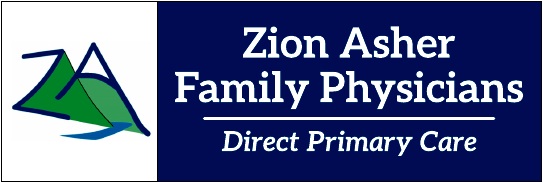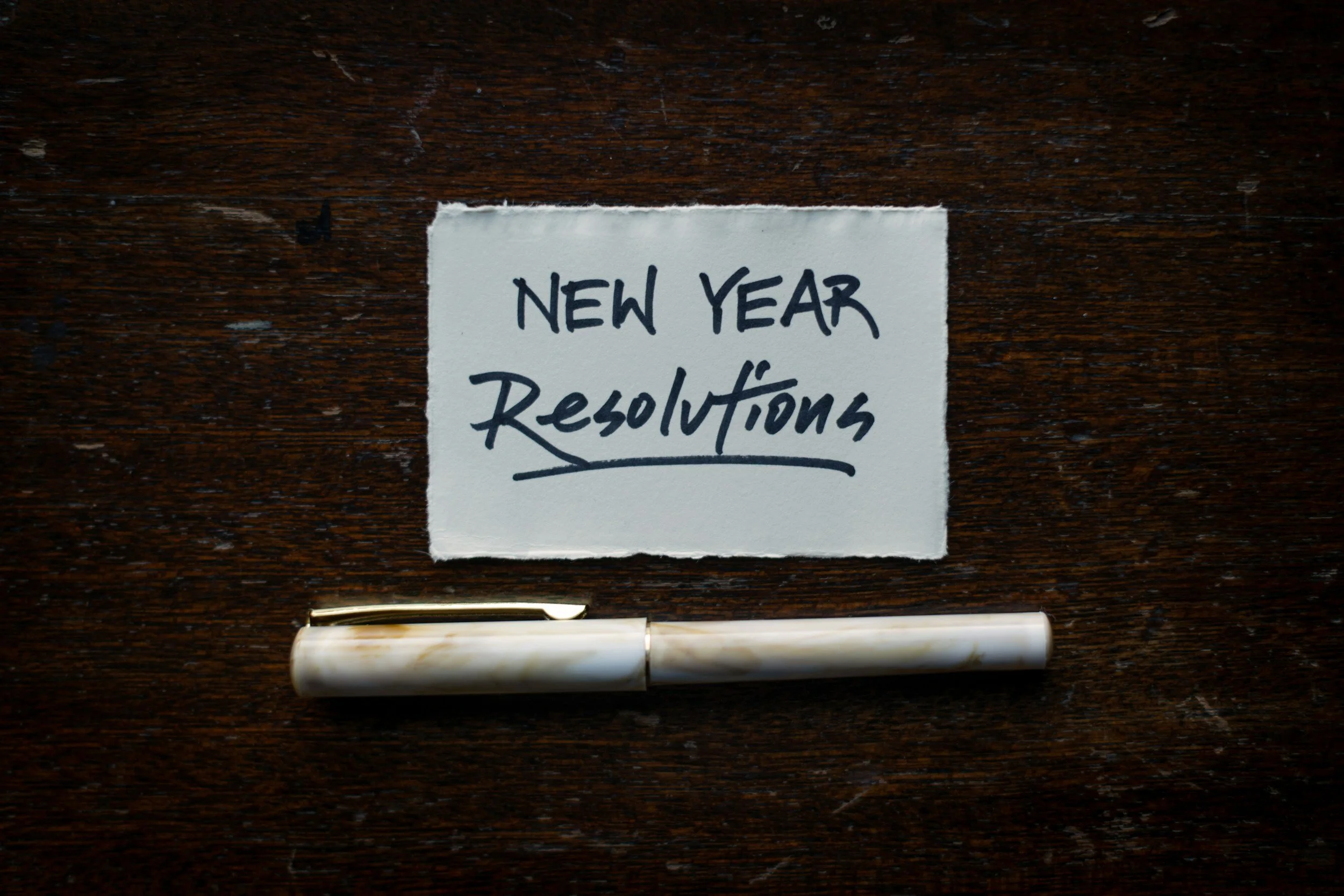If you’ve ever felt like you’re just a number in a waiting room, rushed through a 7-minute appointment, or bounced between providers at big health systems… you’re not alone.
At Zion Asher Family Physicians, we left that model on purpose — to build something better.
We practice Direct Primary Care (DPC), a modern version of old-school medicine:
Care that’s personal
Costs that are clear
Doctors who know you
Here’s how it’s different — and why it matters more than ever.
1. One Doctor. Ongoing Relationship.
In insurance-based clinics, provider turnover is high. You may wait months to see someone new, only to start over at every visit. That means:
No context from past visits
Repeating your story again and again
Missed warning signs that someone who knows you might catch
In our DPC model, you build a true relationship with your doctor.
We get to know you — your history, your family, your lifestyle, and your health goals — so we can care for you in a way that’s smarter, faster, and more personal.
2. More Time = Better Care
In the traditional system, most primary care visits are 7–12 minutes long. That’s barely enough time to skim a chart, ask a few questions, and hit “submit” on a prescription.
With us, visits are 30–60 minutes — sometimes more if needed.
We have time to:
Dig deeper into your symptoms
Order appropriate testing (including advanced hormone or metabolic panels)
Discuss nutrition, stress, and long-term solutions
Actually listen
Because when your doctor has time, you get answers — not band-aids.
3. Direct Access. No Waiting Weeks.
With insurance clinics, it can take 3+ weeks to get in.
With DPC, you message us directly.
Most of our patients are seen the same or next day, and you get direct access to your doctor through:
Secure texting
Phone calls
Telehealth (yes, even from your tractor during harvest 🚜)
This level of access means problems get addressed early, not after they’ve turned into an ER visit.
4. More Than Just Prescriptions
Because we don’t answer to insurance companies, we offer things most primary care offices don’t:
Advanced hormone & cortisol testing (like DUTCH testing)
Nutrition & supplement plans tailored to your body
PRP joint therapy
Functional medicine consults
Support for chronic fatigue, brain fog, mood changes, and more
And yes — we still do sick visits, lab work, referrals, and regular checkups. Just without the red tape.
5. Simple Pricing, No Surprise Bills
Our pricing is transparent:
A low monthly membership covers all routine care, urgent visits, and consults.
You’ll never get a surprise bill in the mail.
Extra services like specialty labs or joint injections are available at discounted rates for members, with full pricing shared up front.
6. Built for Working Families & Small Businesses
We created this clinic for people like us — those who don’t have time to fight the system, chase billing codes, or wait weeks for answers.
Our patients include:
Busy parents who want consistent care for their kids
Farmers and ranchers who need care that works with the rhythm of harvest and calving
Small business owners offering affordable employee care
People sick of being sick, who are finally ready to feel better
Ready for a Different Kind of Care?
If you’re tired of 1-800 numbers, rushed visits, and endless referrals, there’s a better way.
📍 We’re located in Mt. Vernon and serve families across Southwest Missouri.
🗓️ We offer free meet-and-greet visits — no pressure, just answers.
Zion Asher Family Physicians
Real doctors. Real care. No middlemen.
👉 Schedule your visit today by calling us at: (417) 730-1989
⚖️ Medical Disclaimer:
This article is for educational purposes only and does not constitute medical advice or establish a patient-provider relationship. Always consult with a licensed physician regarding your personal health.






